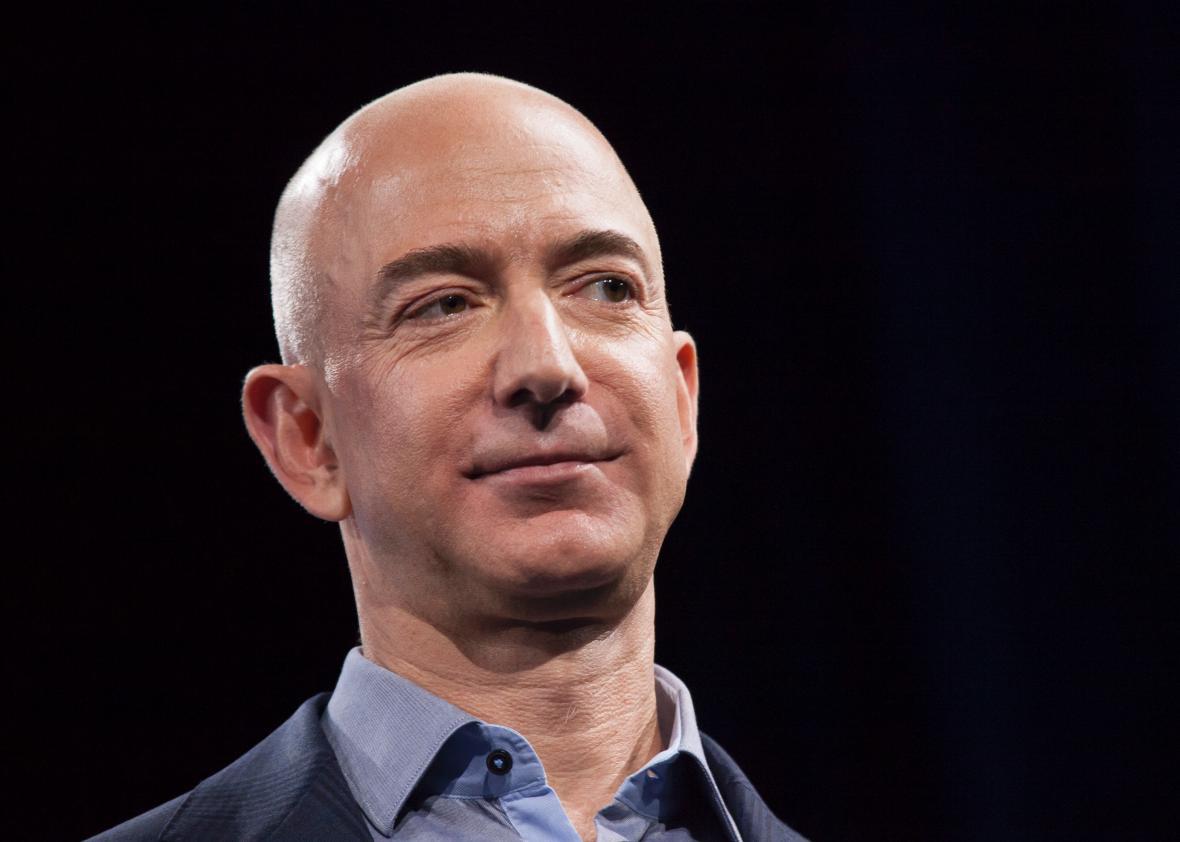Once upon a time, people were worried about Amazon and censorship. As part of its prolonged and public war with big-five publisher Hachette, Amazon had made certain books from the publishing house difficult or impossible to obtain. Hundreds of authors joined together in protest while Amazon maintained that their concerns were overblown. That was in the spring and summer of 2014, but eventually fall rolled around and the two reached a truce. And a year later, which is a very long time on the Internet, the feud and those censorship concerns were all but forgotten.
Until today, that is! On Thursday, Amazon brings us denizens of the Internet a terrific reminder of why, for all that we love its service, we also might worry about its dominance in the online shopping world. From Bloomberg:
Amazon.com Inc. is flexing its e-commerce muscles to gain an edge on competitors in the video-streaming market by ending the sale of devices from Google Inc. and Apple Inc. that aren’t easily compatible with Amazon’s video service.
Amazon apparently broke this news to its marketplace sellers in an email, informing them that it will cease allowing new listings for Apple TV and Google Chromecast and remove existing posts for those items as of Oct. 29. But why?
“Over the last three years, Prime Video has become an important part of Prime,” Amazon said. “It’s important that the streaming media players we sell interact well with Prime Video in order to avoid customer confusion.”
Yes, Amazon would much prefer that people looking to stream video and shopping on Amazon buy only devices that easily support streaming Amazon content. “Roku, XBOX, PlayStation and Fire TV”—all of which work well with Prime Video—“are excellent choices,” an Amazon representative advises. Of course, there’s the minor catch that not everyone who shops online is an Amazon Prime customer with a vested interest in easy access to Amazon’s streaming content. Fewer than 20 percent, in fact. But where those consumers might see an inconvenience, Amazon has surely identified a conversion opportunity—prevent them from purchasing Apple TVs and Google Chromecasts, and maybe more will switch their loyalties to Prime.
It will be interesting to see whether Amazon’s move with regard to streaming content raises any antitrust flags. Generally speaking, a company has breached antitrust laws when it has a monopoly and uses that monopoly to stifle competition. Amazon blocking sales of Apple and Google streaming devices would certainly suggest competition stifling, but is Amazon’s chunk of the market great enough to make that illegal? What even is the market here? Is it the market for stuff that gets sold online? Or the market for sales of streaming devices in particular? These are some of the questions that regulators will have to weigh. In the meantime, order your Apple TV on Amazon while you still can.
